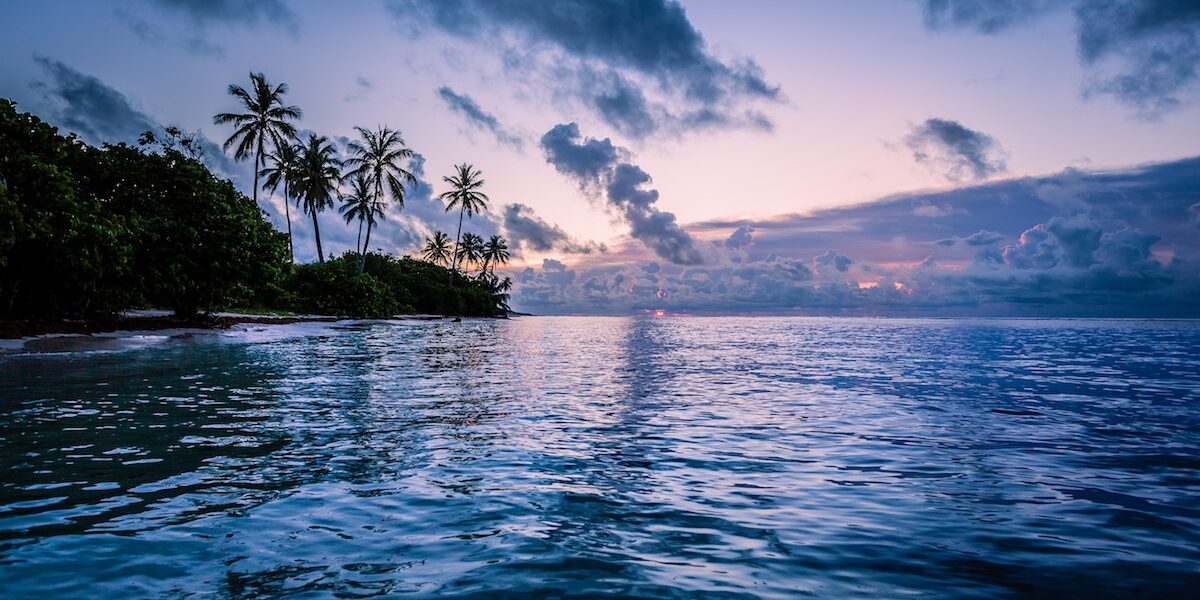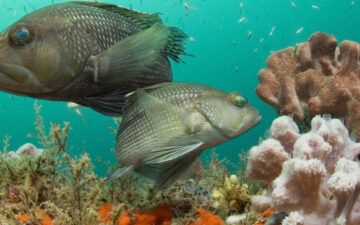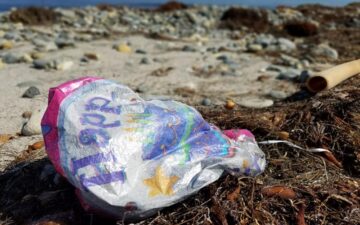By Mark J. Spalding, President, The Ocean Foundation
Many of us who support ocean conservation do so by supporting and advising those who are actually getting their hands wet in the work, or those who champion the protection of endangered species at global and national ocean governance gatherings. It is rare that I get to spend a little time in or even near the ocean.
This week, I am on a beautiful island enjoying a beautiful view of the Caribbean Sea. Here you are connected to the sea even when you cannot see it. This is my first visit to the island nation of Grenada (which is made up of several islands). When we got off the plane late yesterday evening, we were greeted by island musicians and dancers, and smiling representatives of Grenada’s ministry of tourism (known here as GT) bearing trays of glassed filled with mango juice. As I sipped my juice and watched the dancers, I knew I was a long way from Washington D.C.

Grenada is a small nation—fewer than 150,000 people live here—bearing the financial burden of severe damage from hurricanes a decade ago, which, combined with the drop-off in visitors during the recession, has left the country staggering under the debt incurred to rebuild critical infrastructure. Grenada has long been known as the spice island nation of the Caribbean with good reason. Here in the near tropics, tempered by the northeast trade winds, the island produces cacao, nutmeg, and other spices for export. More recently Grenada has chosen a new frame for its tourism—Pure Grenada: The Spice of the Caribbean, celebrating its diverse natural resources, especially the marine systems that draw surfers, divers, snorkelers, sailors, fishermen, and beach goers. Grenada is striving to protect its remarkable record of retaining 80% of tourism dollars in the country.
It is this initiative that drew CREST and the Caribbean Tourism Organization to choose the Grenada Hotel and Tourism Association as the cosponsor for this, the 3rd Symposium for Innovators in Coastal Tourism. The Symposium is based on the notion that as the world’s largest and fastest growing sector, sun-sand-and-sea tourism poses both challenges and opportunities to those committed to socially and environmentally responsible travel. We gather here to meet with those on the cutting edge of innovative coastal tourism and to share their accomplishments, their lessons learned, and the key obstacles in implementing sustainable practices. The participants in this Symposium include hoteliers and other business leaders committed to, or considering new “green” models of coastal tourism, as well as tourism experts from international development organizations, government agencies, non-profit organizations, media and public relations, community-based organizations and academia.
This is the third time that I been a speaker at this Symposium on behalf of the work we do at The Ocean Foundation to foster sustainable travel and tourism, to promote improved practices, and to protect critical areas before they are slated or prepared for development. I will be presenting on “Marine Protected Areas, Sustainable Fisheries, and Sustainable Tourism” later this week. I look forward to the plenaries and other sessions as well. As the conference organizers said, “We are looking forward to a fruitful exchange of ideas!”







